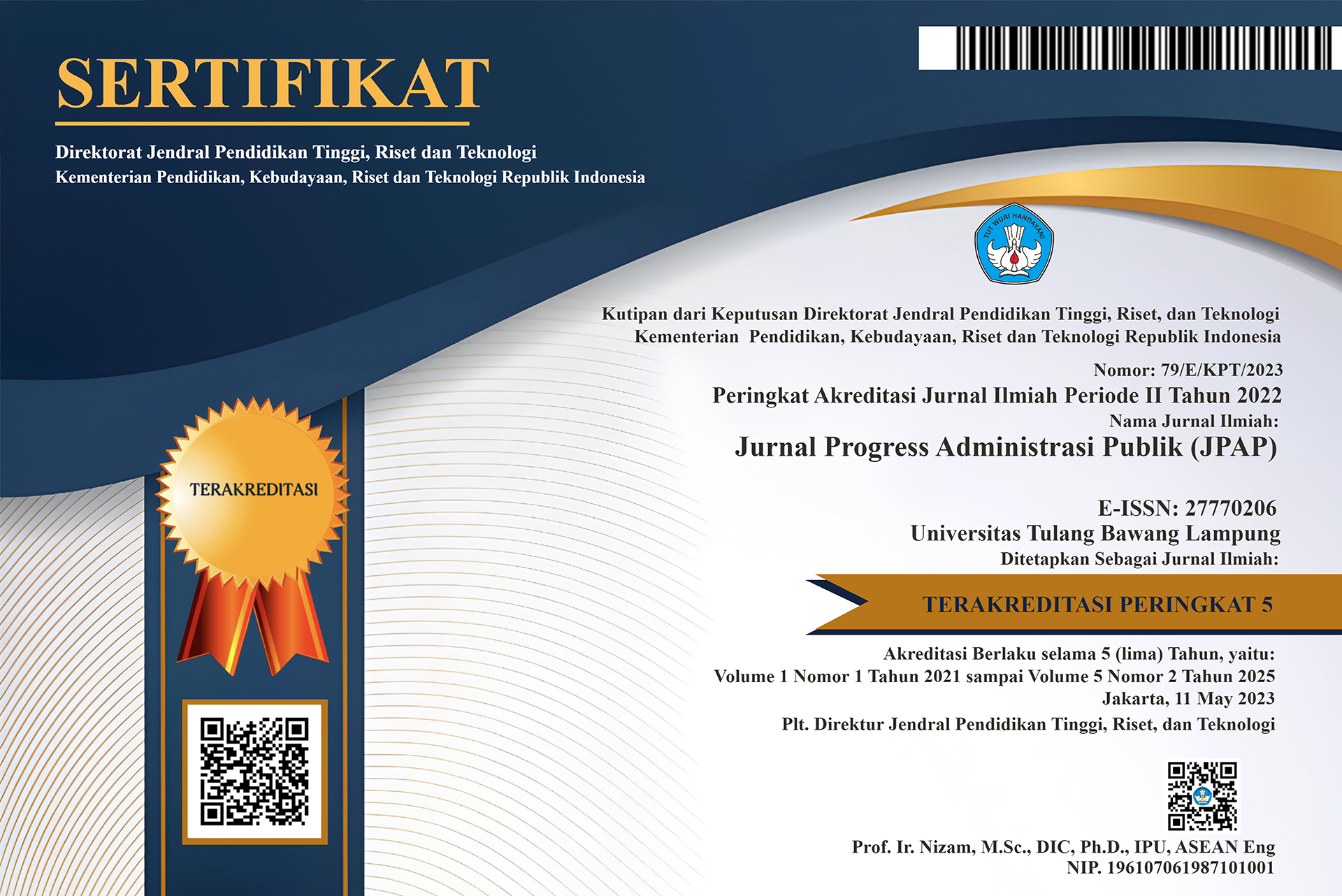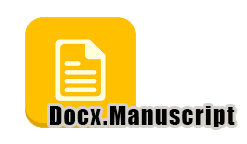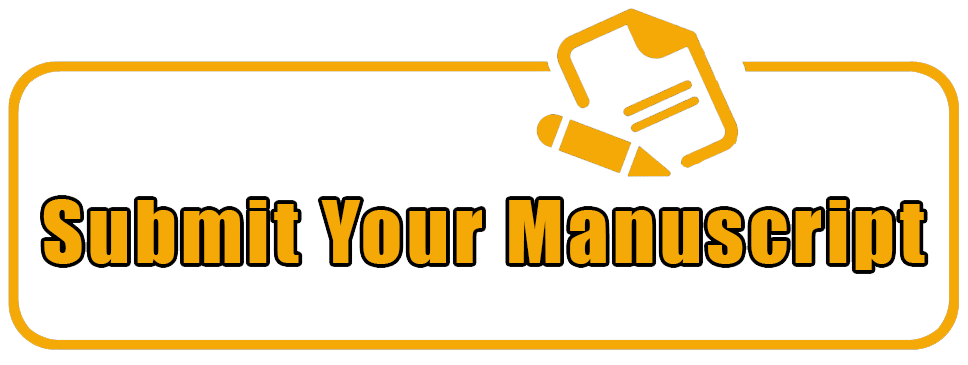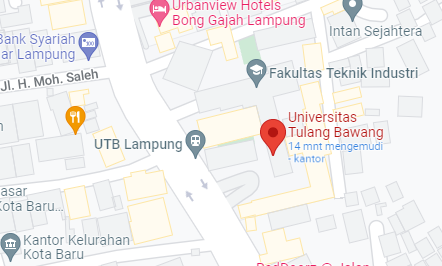KONTRIBUSI PEGAWAI DALAM MANAJEMEN SEKTOR PUBLIK TERHADAP PENGELOLAAN BERKAS RUMAH TANGGA BIRO UMUM SETDA PROVINSI JAWA TIMUR
DOI:
https://doi.org/10.37090/jpap.v4i1.1253Abstrak
Nowadays the modern management system involves a wider role on the performance of public sector organizations. In developing a management system, it also requires good human resources and is able to carry out all the tasks for which it is responsible. The ability of human resources can be influenced by their educational background. Because the form of the ability of each human resource is taaught and obtained from the level of Education. These human resources will be able to influence the implementation of an effective and efficient management system. If the management system runs effectively and efficiently, the goals of each organization can be realized to the maximum. In this article discusses the management system in File Management in government agencies at the regional level, namely the East Java Provincial Secretariat Agency. After research found several things that have a relationship with the contribution of employees. Employees also have a contribution in building involvement and empowerment in the field of file management. Not only that, employees are also required to be able to encourage new ideas in the field of file management. And finally, employees can also contribute to creating an environment to realize personal goals and develop skills and abilities in file management. In this study aims to determine the role of employees in contributing to create good management in the process of file management in the household sub-division of the Bureau of General Secretariat of East Java. This study uses descriptive qualitative research methods with literature reviews and interviews with household employees of the East Java Secretariat General Bureau. The role of employees is very important for the development of management systems in a public sector organization.
Keywords: Public Sector Organizations; Management; Employees
Unduhan
Referensi
Hadari Nawawi. (2011). Manajemen Sumber Daya Manusia: Untuk Bisnis Yang Kompetitif. Kajian Teori Manajemen Sdm, 1, 42.
Hidayat, M. C., & Syam, A. R. (2019). The Urgency of Strategic Planning and Management of Madrasah Human Resources in The 4.0 Industrial Revolution Era. Journal Basic of Education, 4(1), 1–13.
Mangkunegara, Anwar P. 2009. Manajemen Sumber Daya Manusia Perusahaan. Bandung: PT. Remaja Rosdakarya.
Marlinah, L. (2019). Pentingnya peran perguruan tinggi dalam mencetak SDM yang berjiwa inovator dan technopreneur menyongsong era society 5.0. IKRAITH-EKONOMIKA, 2(3), 17-25.
Mullins, J., Linehan, M., & Walsh, J. S. (2001). People‐centred management policies: a new approach in the Irish public service. Journal of European Industrial Training, 25(2/3/4), 116-125.
Nasi, G., Cucciniello, M., Mele, V., Valotti, G., Bazurli, R., de Vries, H., ... & Mikusova Merickova, E. (2015). Determinants and barriers of adoption, diffusion and upscaling of ICT-driven social innovation in the public sector: A comparative study across 6 EU countries. Learning from Innovation in Public Sector Environments, Italy, 5(1), 4-20.
Samsuni. (2017). Manajemen Sumber Daya Manusia. Manajemen Sumber Daya Manusia, 17(31), 113–124.
Sedarmayanti, P. (2007). Manajemen Sumber Daya Manusia. Jakarta: PT. Bumi Aksara.
Terry, G. R. (2021). Dasar-Dasar Manajemen Edisi Revisi. Bumi Aksara.
Zuriah, N. (2006). Metodologi penelitian sosial dan pendidikan teori aplikasi.
Unduhan
Diterbitkan
Cara Mengutip
Terbitan
Bagian
Lisensi
Hak Cipta (c) 2024 Jurnal Progress Administrasi Publik

Artikel ini berlisensiCreative Commons Attribution-ShareAlike 4.0 International License.






















